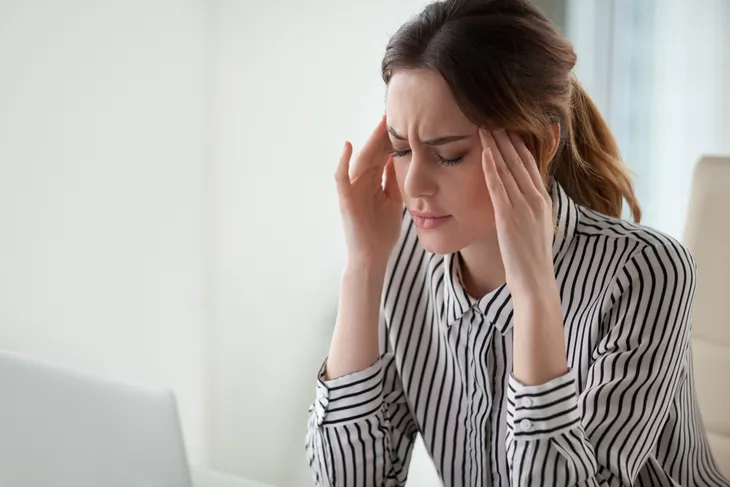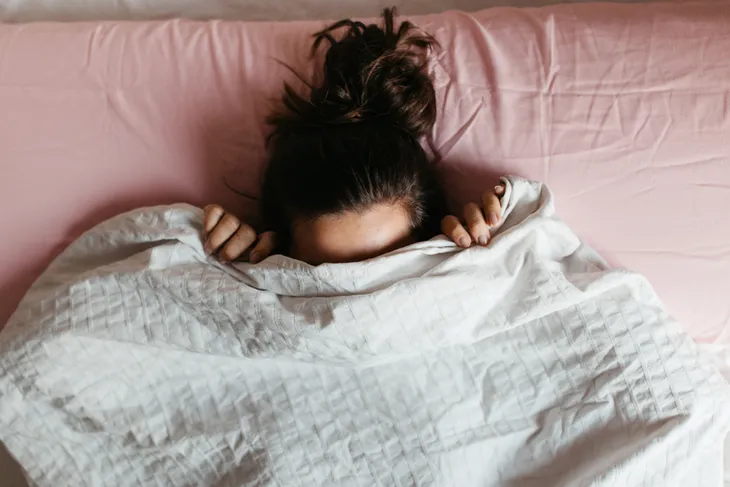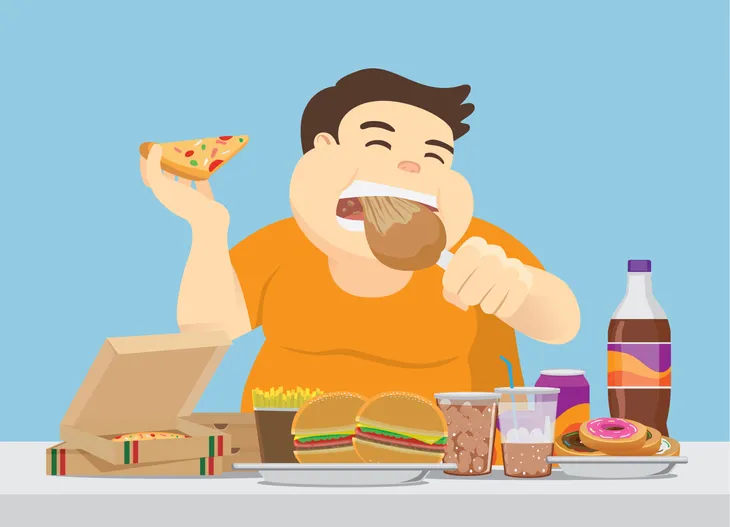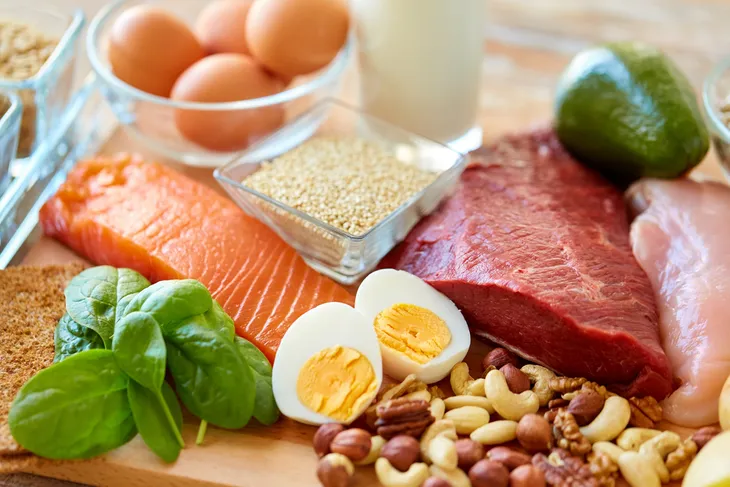Physical weakness, a grumbling stomach, headache and trouble concentrating— we’re all familiar with how it feels when hunger hits. While it’s common to experience these symptoms upon waking in the morning and close to meal times, for some people they occur far more frequently throughout the day.
Known medically as polyphagia, such extreme hunger is often an indication of underlying health concerns such as poor diet to unhealthy personal habits. If you regularly find yourself anxious for your next meal, even after just eating, here are seven possible reasons why.
Want diet & nutrition content delivered straight to your inbox? Sign up for our exclusive diet & nutrition newsletter!
Refined Carbs
Cookies, pastries and white bread, while delicious, quickly spike the body’s blood sugar levels. But when they crash soon after, you’ll be left feeling even hungrier and craving more of these refined carbs to refuel the body once again—creating a cycle.
To keep your blood sugar in check and stave off feelings of hunger, Health.com recommends noshing on complex carbs that are high in fiber, such as almonds, apples, chia seeds or pistachios.
Thirst
When the pangs of hunger hit, the first thing we think of is food. But maybe what the body really needs is water? As people commonly misinterpret dehydration for hunger, the best way to find out what’s causing the feeling is to drink a large glass of water and see if hunger persists afterward.
To prevent dehydration, SELF says a good rule of thumb is to “take your body weight and divide it by two [to find] the number of ounces of water [you should be drinking every day].”
Stress
It can be tempting to reach for food when experiencing stress, and not just because of the temporary comfort it provides. When the body is tense it triggers an overproduction of the stress hormones adrenaline and cortisol, both of which can trick the body into thinking it needs to eat.
Not only that, but stress reduces levels of the neurotransmitter serotonin, which can also encourage feelings of hunger. To combat this, try practicing stress-reducing activities such as meditation or yoga on a regular basis.
Not Getting Enough Sleep
There are only so many hours in a day, and with our lives becoming increasingly busier, sacrifices must often be made. Unfortunately, despite how vital it is to our overall health, sleep tends to be one of the first things to go.
A lack of shut-eye could be contributing to more than just your inability to stay awake throughout the day, however. Not enough sleep can increase production of the hormone ghrelin, making you feel hungry even if your body doesn’t require the calories.
Eating Too Quickly
If you’re ravenous at mealtime, it can be tempting to scarf down your food. But eating quickly doesn’t allow the brain adequate time to register that you’ve had enough to eat. As a result, you may continue feeling hungry even after you’ve consumed a sufficient amount of food, causing you to continue eating.
To slow your eating pace, The Globe and Mail suggests pausing between bites to allow enough time for thorough chewing. The source also says, “ban distractions that prevent you from paying attention to the fact you’re eating. Step away from the TV, computer or newspaper when eating.”
Need More Protein and Fat
Do you find yourself constantly eating but never managing to stay full? It might be what you’re eating that’s causing persistent hunger. As mentioned earlier, refined carbs are a culprit of this as they mess with blood sugar and are lacking essential nutrients like protein and fat.
Protein and fat remain in the stomach longer, helping to maintain feelings of fullness. LiveStrong recommends incorporating more sources of these nutrients in every meal, such as fish, poultry, eggs, nuts or low-fat dairy.
Certain Medications
Insatiable hunger can also be a side effect of taking certain medications. WebMD says that ‘antihistamines are known for this, as are antidepressants called SSRIs, steroids, some diabetes medicines, and antipsychotic drugs.”
If you always feel the need to eat, even after consuming a large meal, it may be worth speaking to your physician about possibly switching to another drug.










